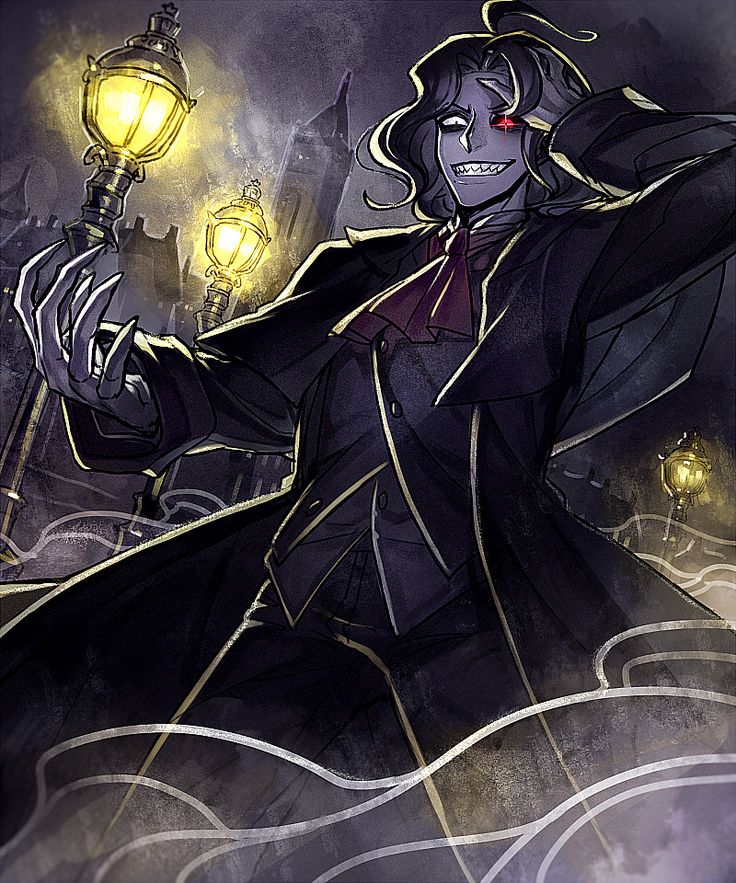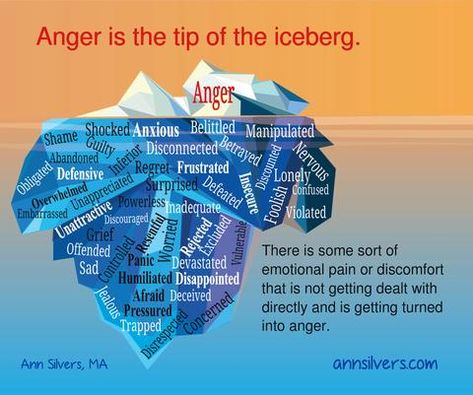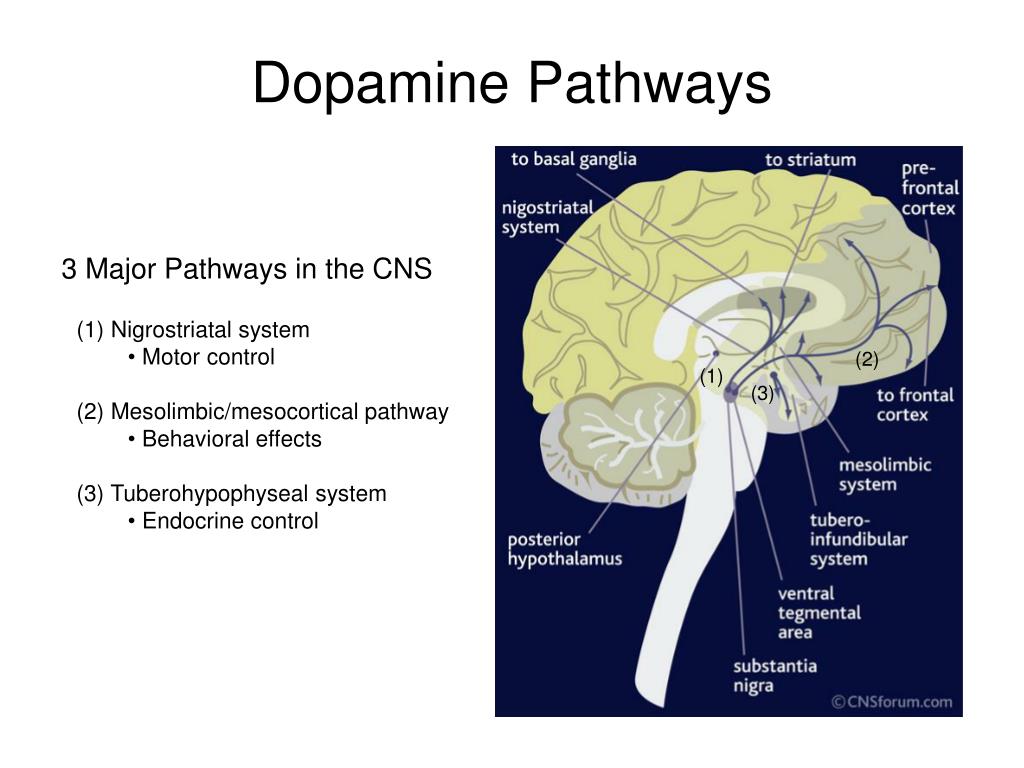Thinking of death too much
I think about death all the time
Death is a natural part of life, and it’s normal to think about it from time to time. But it’s very common for people experiencing mental illness to think about death more than usual. Thinking about death all the time might feel uncomfortable or scary. You might be wondering why you’re thinking about it so much, wondering if this is normal, or wondering if it will stop. It becomes especially a concern if thinking about dying leads to thoughts about killing yourself.
Where are these thoughts coming from?
There are lots of reasons why you might be thinking about death a lot. Understanding those reasons might give you clues about how to stop. Here are a few examples:
- You’re feeling depressed.
A common symptom among people with depression is thinking about death. It might be a fixation on the terrible things in the world, how things will end, or what the purpose is for humans to live. When you’re experiencing depression, it’s very easy to dwell on negative thoughts.
When we are depressed, negative thoughts like thoughts about death are “stickier.” Treating the underlying depression can help you focus on more positive thoughts.
- You’re experiencing obsessive or intrusive thoughts. Obsessive thoughts of death can come from anxiety as well as depression. They might include worrying that you or someone you love will die. These intrusive thoughts can start out as harmless passing thoughts, but we become fixated on them because they scare us. If this sounds like you, try our interactive Overcoming Negative Thoughts tool or our worksheet on dealing with negative thoughts.
- You’re grieving. Our natural curiosity about death becomes more personal when we are experiencing grief. Maybe you lost a family member, a friend, or a pet. When someone we care about dies, it’s natural to think about what that means. You might be wondering about what death really is, what’s happened to your loved one… and what will happen to you when you die.
 Death is a natural part of life, and these are questions everyone has from time to time. Give yourself time to grieve. Many people find comfort in watching TV shows or movies about grief and loss, reading books or poetry about it, or talking to a spiritual leader or anyone else you trust about what you’re going through. Writing down your feelings in a journal can also help you feel better.
Death is a natural part of life, and these are questions everyone has from time to time. Give yourself time to grieve. Many people find comfort in watching TV shows or movies about grief and loss, reading books or poetry about it, or talking to a spiritual leader or anyone else you trust about what you’re going through. Writing down your feelings in a journal can also help you feel better.
When thoughts of death lead to thoughts of suicide
If you’re experiencing intrusive thoughts about suicide or thinking that killing yourself is an option, we really hope you reach out to people around you to find safety and make changes that can help. If you haven’t had treatment for depression or anxiety and you haven’t told someone how you feel, these are steps to take that can make things better.
If you’re not sure who to talk to or how to talk to someone, you can reach the Suicide & Crisis Lifeline by calling or texting 988 or using the chat box at 988lifeline.org. You can also text “MHA” to 741-741 to reach the Crisis Text Line. Warmlines are an excellent place for non-crisis support.
Warmlines are an excellent place for non-crisis support.
Why You Think About Death So Much and What to Do
Death is a natural part of life and one of the most feared. Almost everyone thinks about death and dying now and then. It's normal to wonder what happens to us when we die, if it hurts, or if we come back as something else in a different lifetime. Some of these questions are spiritual, while others are philosophical without clear answers to these great life mysteries.
Jump ahead to these sections:
- Is It OK to Think About Death All of the Time?
- Reasons You May Often Think About Death
- What Can You Do If You Want to Stop Thinking About Death All of the Time?
Certain individuals are more curious than others about death, and they obsess over how they'll die and when. Fixating this much on death can also be normal without cause for concern as there are many different reasons why someone might want to consider death overall.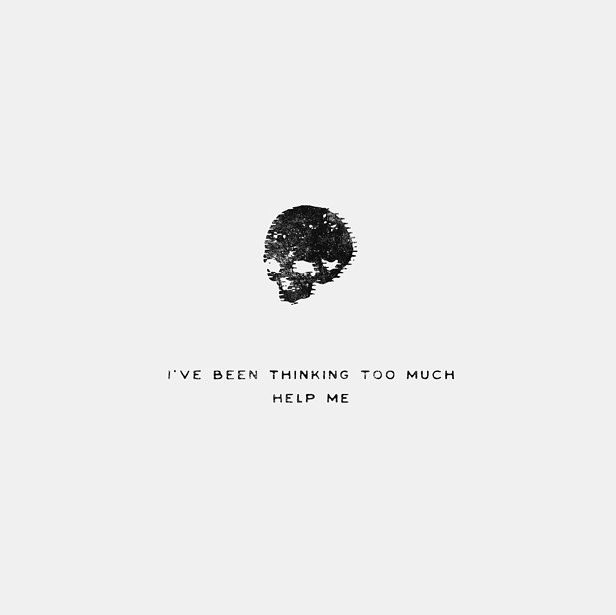
The problems with overthinking death start to appear when a person can't stop obsessing over death and dying, and it starts negatively affecting different aspects of their lives, such as their work and pleasure.
Is It OK to Think About Death All of the Time?
Being introspective and reflective about death now and then is normal and can be a healthy way of acknowledging one’s mortality. Specifically contemplating one’s death is also a natural part of the thought process when these thoughts are non-intrusive and only happen infrequently.
However, it’s not normal to think of death every day. Sometimes, the events around you cause you to focus more on dying than you usually would. World events such as wars, acts of terrorism, and large-scale natural disasters affect how we think about death and dying. Under these circumstances, it’s not unusual to be preoccupied with death, especially if you’re directly affected by those events.
Having endless thoughts about death can signal a deeper underlying issue unnoticed, such as depression or feeling lonely and isolated. Feelings of sadness and being alone are not uncommon today because of the abrupt changes in how we socialize and work due to the COVID-19 pandemic. As things slowly get back to normal, these thoughts should begin subsiding as other activities and events fill your thoughts and subconscious.
Feelings of sadness and being alone are not uncommon today because of the abrupt changes in how we socialize and work due to the COVID-19 pandemic. As things slowly get back to normal, these thoughts should begin subsiding as other activities and events fill your thoughts and subconscious.
» MORE: Grief can be lonely. Create space for your community to share memories and tributes with a free online memorial from Cake.
Reasons You May Often Think About Death
While often thinking about death is sometimes expected, obsessing over it isn't. You may suddenly begin contemplating your death, which leads to a healthy preoccupation with ensuring your end-of-life planning is in order before disaster strikes. Conscious thoughts about death also benefit you by helping control irrational fears of dying that keep you from having a harmful fixation on mortality. The following are some common reasons you may not stop thinking about dying.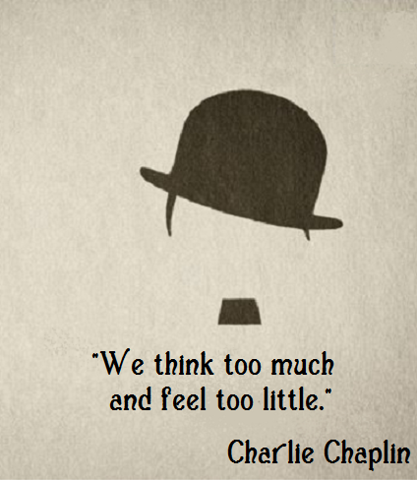
You have death anxiety
Death anxiety stems from being afraid of dying. Individuals who fear death or dying will typically have obsessive or intrusive thoughts about what happens if and when they die. The clinical name for this mental health disorder is thanatophobia, which is feeling scared of death without a rational explanation. These fears tend to subside the more we normalize thinking about death and having meaningful conversations about what happens at life's end.
The more we know about what to expect in any situation, like knowing what happens when we die, helps calm these thoughts in our minds. Death anxiety causes us to overthink the end of life, including not being financially prepared or fearing illness and disease.
Someone close to you died
It’s natural to contemplate death after suffering the loss of a friend or other close loved one. Grief can manifest in many ways, one of which is having a sudden preoccupation with death. Most people won’t deal with mortality or even the idea of one day dying because they aren’t ready to face the fact that they will also die one day.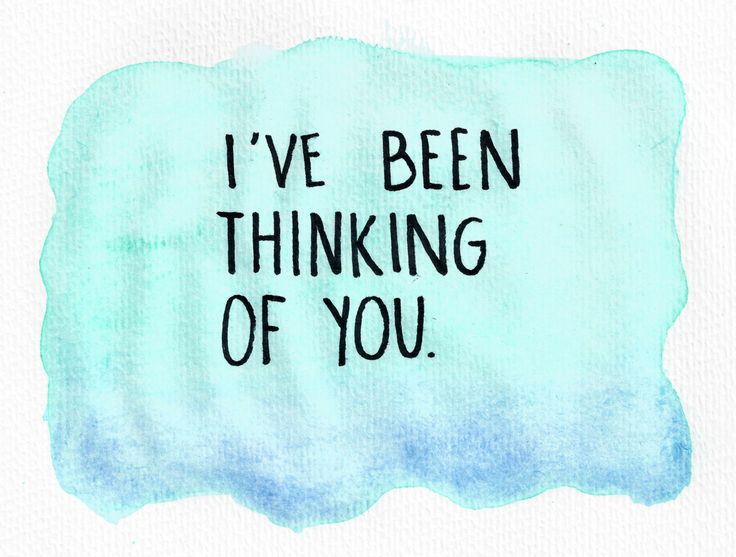
We may look at our mortality more closely when we experience death, even that of a stranger or someone we’re not particularly close to. Some people will use this time as a jumping point to get their end-of-life affairs in order, while others will freeze in fear of their sudden death.
Death obsession disorder
Two standard identifiers in death obsession disorder are depression and anxiety. Many people who can't stop thinking about death also suffer from grief-related depression. These individuals may constantly think of death and how to die but may not necessarily make plans to end their lives.
While there are acceptable levels of death obsession, a person who has trouble functioning due to this may need to seek therapy. Death obsession differs from the fear of death in thanatophobia in that obsession is found only in certain personality types such as neurosis. Typically, a neurotic person exhibits the following traits:
- Sadness
- Moodiness
- Emotional instability
Afraid of this being all there is to life
Some people fixated on death tend to be dissatisfied with at least some aspect of their lives or how life turned out. These feelings aren't always negative. Sometimes a person who's accomplished a lot in life and reached a high level of success at home and in business might feel as if they're ready for whatever's waiting for them on the other side of death. They often feel prepared to graduate to the next level because they think there's nothing more for them to do here on earth in this lifetime.
These feelings aren't always negative. Sometimes a person who's accomplished a lot in life and reached a high level of success at home and in business might feel as if they're ready for whatever's waiting for them on the other side of death. They often feel prepared to graduate to the next level because they think there's nothing more for them to do here on earth in this lifetime.
» MORE: Online obituary that is 100% free. Honor a loved one beyond a newspaper.
Fear of losing your parents
As adults get older and closer to retirement age, they think more about their mortality. They may also fixate on a newfound fear of their parents dying when they realize that as they age, so too are their parents. They may face age-related illness or general deterioration of the mind and body for the first time.
The death of a parent can also represent a significant life milestone for some individuals because when a parent dies, the next generation moves up the line of death succession. These life changes can lead to many individuals' deep fears and anxiety about death and dying.
These life changes can lead to many individuals' deep fears and anxiety about death and dying.
It’s in your personality
A morbid or depressing personality causes individuals to think about death often. This condition doesn’t, by definition, mean that a person is suffering from depression, but it can mean that a person’s psychological makeup makes them more prone to having these thoughts. There’s professional treatment available for this condition.
However, self-help also does wonders to help elevate a person’s mood so that they don’t feel bogged down by these thoughts of death, such as mindfulness meditation, socialization, and picking up a hobby. Anything that helps to distract the mind can stop overthinking about death or intrusive thoughts in your head.
What Can You Do If You Want to Stop Thinking About Death All of the Time?
You can learn how to stop worrying about death all the time and overcome death anxiety by taking charge of your mental health and wellness. Anxiety is a common cause of racing thoughts about death. And although the brain can process millions of bits of information per second, our brain can only handle only a tiny fraction of this before creating an overload of information in our heads.
Anxiety is a common cause of racing thoughts about death. And although the brain can process millions of bits of information per second, our brain can only handle only a tiny fraction of this before creating an overload of information in our heads.
If you all suffer from racing thoughts about death, here are some tips to help you overcome the fear and anxiety that may be causing it.
Accept that death is a part of life
When you realize that everyone living must die one day, you may begin to see death differently. Researchers and scholars have pinpointed every living person's human life span as only a few short decades. The length varies depending on the gender you were assigned at birth, your diet, and lifestyle, where you live, and what you consume.
Other factors in determining your natural life span come into play, but let's put that number at eighty years. If a person doesn't die by accident or disease within those eighty years, they can expect their life to come to a close naturally as they are near eighty. This estimate takes the mystery of when you can expect to die, allowing you time to plan for it.
This estimate takes the mystery of when you can expect to die, allowing you time to plan for it.
Recognize your intrusive thoughts
Learn to distinguish between intrusive thoughts and other thought patterns you may be experiencing. When you sense your anxiety on the rise, this is an excellent time to practice mindfulness by recognizing and acknowledging your thoughts and releasing them as soon as possible.
Letting go of the racing thoughts that lead you to feel fear and anxiety is an excellent way you can stop thinking about death all the time. Ask yourself why a particular idea came up and how it made you feel. Keep a journal on when and why you think it happened and what you did to calm yourself down.
» MORE: An online memorial is a perfect ending to honor and celebrate someone's life. Create one for free.
Exercise regularly
Getting your body into a regular movement routine trains your mind to focus on things other than thoughts about death.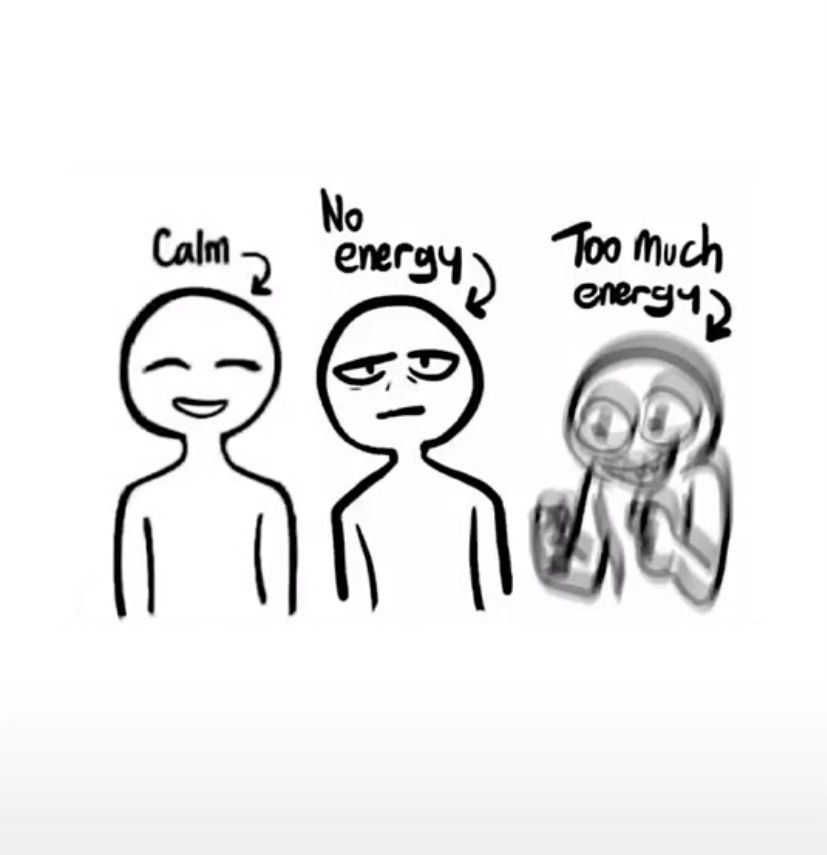 Exercise produces chemical reactions in your mind and body that contribute to your overall mental well-being.
Exercise produces chemical reactions in your mind and body that contribute to your overall mental well-being.
Any time you sense these intrusive thoughts popping up, get to moving your body to stop them from manifesting fully. Go for a walk, dance around your living room, or go on a bike ride. The more your body keeps moving, the less idleness your mind has to make up faulty scenarios in your head.
Tune in to your spirituality
Your spiritual or religious upbringing may provide much comfort and reprieve from constant thoughts about death. Try reconnecting to the lessons or scriptures from sacred texts or other scholarly books you’re familiar with to remind yourself what they say about what happens to us when we die.
You may need a refresher on these concepts to help ease your mind and avoid certain fears related to death’s unknown. You may also want to consider spiritual counseling as you look toward your faith for comfort.
Seek professional help
Sometimes, self-help isn’t enough to stop you from racing thoughts about death, and it may start interfering with your everyday life. If none of the self-help ideas here help you, you might need professional counseling or therapy to help you recognize the origins of your fear and anxiety.
If none of the self-help ideas here help you, you might need professional counseling or therapy to help you recognize the origins of your fear and anxiety.
There’s nothing wrong with needing and asking for help to shift your mind from racing thoughts to a more balanced thought process. You can find recommendations for therapists online or in your local community.
Thinking About Death Non-Stop
Anyone can develop a healthy relationship with their mind and thoughts to help stop the often debilitating thoughts about death and dying. Whether you’re prone to having a morbid personality or can’t stop imagining your death because of past trauma and experiences, there are steps you can take right now to help release some of those old thinking patterns.
Fear of death: causes of thanatophobia and how to get rid of it
Thanatophobia (fear of death) is an anxiety that many people face, especially in moments like today. Existential psychologist Alena Vanchenko talks about why obsessive thoughts about death arise and how to get rid of the fear of dying - in this material
Existential psychologist Alena Vanchenko talks about why obsessive thoughts about death arise and how to get rid of the fear of dying - in this material
What is thanatophobia?
Thanatophobia is the fear of death, but one must separate fear, phobia and phobic disorder. Each of us has fears, and it is normal that from time to time we are afraid of something. If we listened to behavioral psychologists, they would say that the fear of death is the mother of all fears. We are not afraid of dogs, we are afraid that dogs will harm us. We are not afraid of spiders, we are afraid that they will bite us. We are not afraid of heights, but we are afraid that we will break. Behind every fear is the need to save one's own life. All living things are afraid of death. The problem arises when this fear escalates.
Fear of death: causes
In adults, obsessive thoughts about death appear at the time of existential crises related to existential questions. Very often, such fears are exacerbated by funerals, the death of loved ones, the discovery of diseases, in principle, awareness of one's own mortality at different stages of life. They are also aggravated with phobias.
Very often, such fears are exacerbated by funerals, the death of loved ones, the discovery of diseases, in principle, awareness of one's own mortality at different stages of life. They are also aggravated with phobias.
The encyclopedic definition of a phobia is an irrational fear, but death is completely logical, it will happen to us all. Although a kind of fuse turns on in our head, which suggests that death is happening, but not with us.
The fear of death is also aggravated when a person is in age crises, for example, in a midlife crisis when parents pass away. At this moment, we remember our own mortality and understand that half of our life has passed, we begin to ask questions: what good have I done in my life? And at this moment, people embark on various interesting actions - they make young lovers, look for other forms of realization, leave work, because the crisis reminds them that there is not much left to live.
It is also associated with medical operations and physiological changes, such as finding a gray hair or getting a dental implant. And thus we understand that our body is changing, even if we are not aware of such changes.
Why it is normal to be afraid of death
It is typical for any living creature to feel fear for his life, because our main task is to save ourselves. The instinct of self-preservation is triggered: it is very important for us to survive. Therefore, of course, death as the antipode of life causes panic fear.
It must be said that man has gone far from other mammals, because they do not experience an obsessive fear of death. Man is the only being who has realized his own mortality, and this thought has to be digested somehow, no matter how hard it may be. True, there is a hypothesis that elephants also guess about their mortality, because they have the equivalent of a human funeral, they also mourn for the departed.
True, there is a hypothesis that elephants also guess about their mortality, because they have the equivalent of a human funeral, they also mourn for the departed.
Phobia of death: when it is time to see a psychotherapist
Thanatophobia is seen as a constant anxiety tension from panic fear and uncertainty about what will happen after. And if it becomes pathological - all thoughts of a person are drowning in anxiety and horror from the fact that he is mortal, and thoughts about death become obsessive, obsessive - this begins to affect the quality of a person's life, manifests itself in seizures, panic attacks. If a person stops leaving the house, limits his life, then we are already talking about a phobic disorder, and this is already a psychiatric diagnosis that requires appropriate treatment.
If we are not talking about a phobic disorder, then a psychologist and a psychotherapist can help overcome both fear and phobia, and in the case of a phobic disorder, you need to contact a psychiatrist.
Related material
How to get rid of the fear of death
When we talk about working with phobias in psychotherapy, one of the best means is the techniques of cognitive behavioral therapy, cognitive behavioral therapy, where we refocus a person’s thought, fight obsessive thoughts, learn tools how to calm yourself, cope with the psychosomatic manifestations of the phobia. We are trying to reframe experience: when we switch from what awaits us beyond death, something terrible and all-consuming, to something that is unknown, and we most likely will not care when it happens to us.
There is a humanistic approach that says that life is worth living, because after death we will not care anymore. From this point of view, the enjoyment of life is promoted, because knowing your deadline, it would be good to accumulate some amount of experience, pleasure and joy by this deadline.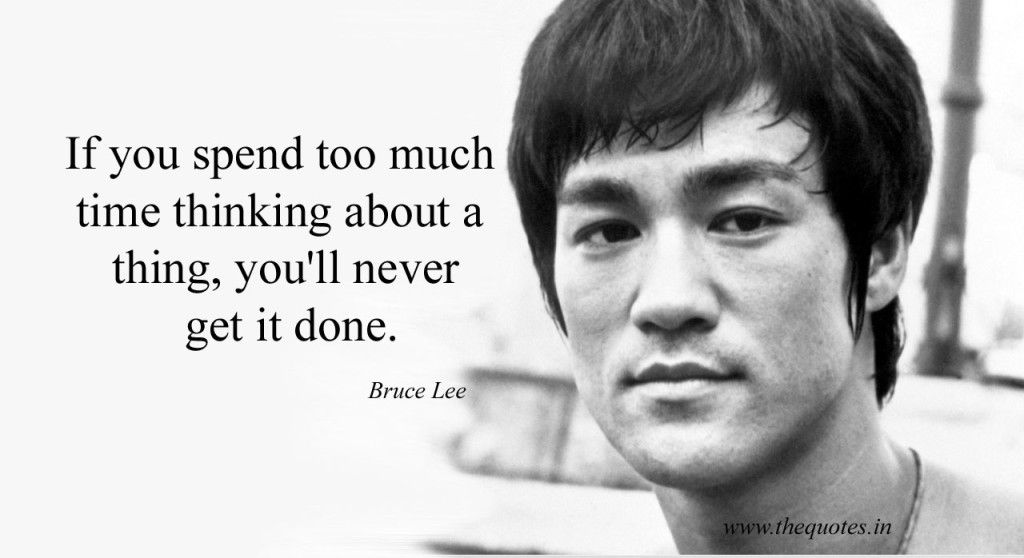 Every life ends the same way. But at the same time, the difference is in what it was filled with. This is a kind of refocusing of attention and a possible approach to how to overcome obsessive fear.
Every life ends the same way. But at the same time, the difference is in what it was filled with. This is a kind of refocusing of attention and a possible approach to how to overcome obsessive fear.
How different cultures view death
Different cultures view death differently. In Bali, for example, there are parades of the dead. And when a person passes away in New Orleans in the USA, it is celebrated with dances and songs. This is due to the idea that a loved one ends up in a better world after death, and therefore we need to be happy for him. Attitudes towards death depend not so much on religion as on culture. Religion sets the direction of thought, but culture supports it with rituals and practices.
Related material
How we learn to fear death
Every culture maintains attitudes towards death and burial through social tools and interactions between people.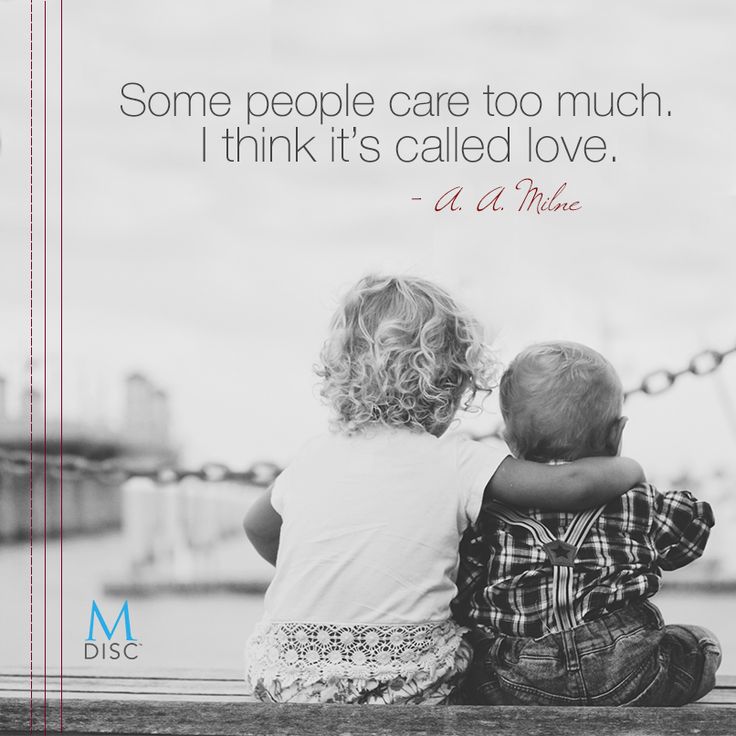 We teach our children how to properly respond to death from a very young age. From the age of five, we learn about death in books and fairy tales. The child has a question: what happened next? And here parents need to very gently and carefully explain this topic to the child. Because the wrong approach in education can lead to the onset of a phobia, the child will have anxiety and obsessive thoughts. Therefore, parents should discuss the topic of death with their children if they have questions.
We teach our children how to properly respond to death from a very young age. From the age of five, we learn about death in books and fairy tales. The child has a question: what happened next? And here parents need to very gently and carefully explain this topic to the child. Because the wrong approach in education can lead to the onset of a phobia, the child will have anxiety and obsessive thoughts. Therefore, parents should discuss the topic of death with their children if they have questions.
How the pandemic has affected the perception of death
The pandemic has changed our attitude towards death, but not in terms of the fact that it has become commonplace, because the sudden death of loved ones is never commonplace. This is an incredible loss for which the emotion of grief is reserved in the human emotional intelligence, which allows us to learn to live in a new reality.
The pandemic reminded people of mortality, and by doing so did an amazing thing: people suddenly realized that until the moment of leaving for another world came, it would be nice to live. We see activity in the labor market: people leave jobs where they feel uncomfortable because they don’t want to spend their whole lives there. Because they want to do something new, cool in their life, from which they enjoy. Therefore, in response, companies began to think about how to make the lives of employees better.
Is the fear of death dangerous?
The fear of death itself is not dangerous, it's a wonderful thing, because it pushes us to avoid making risky decisions that could harm us. Thanatophobia thus contributes to our security. He also reminds us that this life would be worth living. Memento mori - remember death.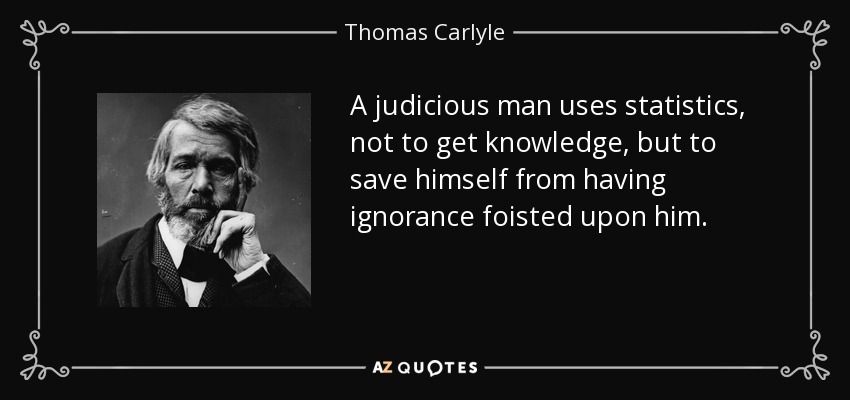 This fear on the horizon of our consciousness reminds us that everything in life is finite, including ourselves.
This fear on the horizon of our consciousness reminds us that everything in life is finite, including ourselves.
But the absence of fear of death is incredibly dangerous. People who have this part of the brain removed, and such an operation is possible, increase the number of risks in life. A person begins to jump with a parachute, put himself in dangerous situations, feels invulnerable and therefore tests his own viability. That is why such things never end well, because the fear of death is an important thing that keeps us alive.
Related material
How thinking about death changes our worldview
- Jonathan Yong
- Coventry University
Subscribe to our Newsletter “Context” to help you understand the events.
Image copyright Thinkstock
Reading this article may influence your political beliefs, prejudices and biases, as well as your decision making. Moreover, you may have a desire to become famous. Why? It's very simple: thoughts about death fundamentally change our view of ourselves and the world, the author of BBC Future is convinced.
Moreover, you may have a desire to become famous. Why? It's very simple: thoughts about death fundamentally change our view of ourselves and the world, the author of BBC Future is convinced.
If death is still a taboo topic somewhere, it may not be for long.
In our time, there are more and more attempts to intensify the discussion of the topic of death - both at home and in public.
For example, in cafes of death, the first of which was opened in Switzerland in 2004, and which then spread around the world.
In such establishments, people can discuss their fears over a cup of tea or coffee, eating their worries with delicious cake.
- More BBC Future Articles in Russian
Our reluctance to talk about death is often taken as a sign of fear, causing us to suppress thoughts of an inevitable end.
However, there are very few direct indications that this is indeed the case.
Fear for loved ones
So, what level of anxiety caused by thoughts of death can be considered normal? And how does it manifest itself?
Skip the Podcast and continue reading.
Podcast
What was that?
We quickly, simply and clearly explain what happened, why it's important and what's next.
episodes
End of Story Podcast
To judge According to the results of research conducted by the method of questionnaire survey, we can conclude that we are obviously much more afraid of the loss of our loved ones than our own death. ( Data from Australian scientists published in 2001 in the Journal of Death and Dying Omega – Rev. .).
Similar research has shown that we are more afraid of the process of dying, including, for example, the pain and loneliness inherent in it, than the actual end of life. ( Data from a survey of Canadian students published in the scientific almanac "Death", Death , in 2008 - Ed. ).
( Data from a survey of Canadian students published in the scientific almanac "Death", Death , in 2008 - Ed. ).
In general, when we are asked if we are afraid of dying, most of us deny it, showing a low level of anxiety.
Minority, i.e. people who show a high level of anxiety in connection with the inevitability of death are even considered mentally abnormal - patients suffering from thanatophobia (morbid fear of death), who should seek medical help. Image credit: iStock many of us, may be the result of our unwillingness to admit our own fear - both to others and to ourselves.
Thanatoconservatism
Based on this hypothesis, psychologists have been studying the social and psychological consequences of coming face to face with the fact that we are all mortal for almost 30 years.
Over 200 experiments have asked people to imagine that they are dying.
The first such study was conducted in the United States in 1989 on municipal court judges.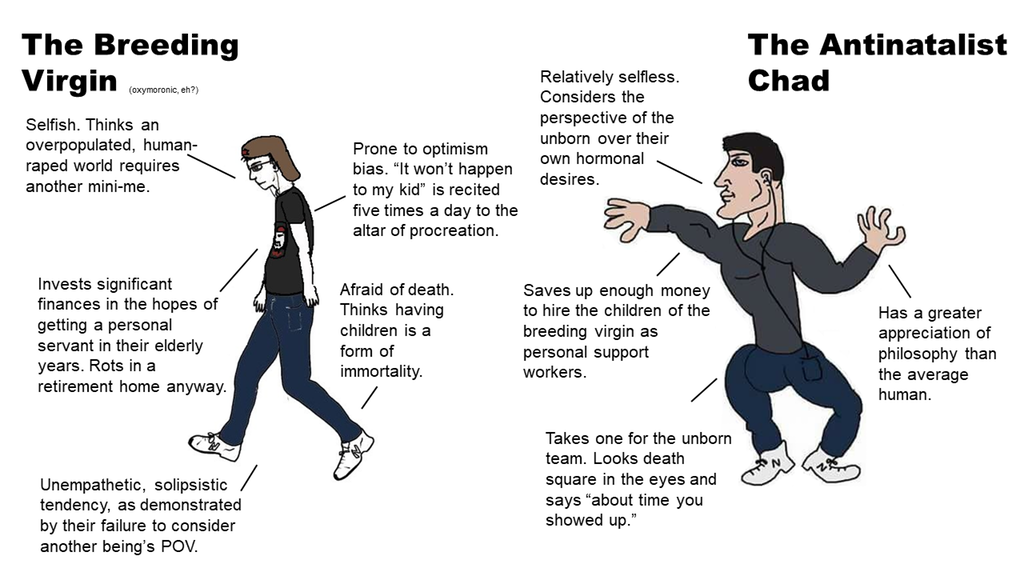 They were asked to set a bail amount for an imaginary prostitute as part of a hypothetical trial.
They were asked to set a bail amount for an imaginary prostitute as part of a hypothetical trial.
As a rule, those judges who were reminded that they were mortal before the decision were given much stronger bail than their counterparts who avoided such reminders.
The former set an average bail of $455, the latter $50. Since then, many other consequences [of thinking about one's own death] have been discovered, affecting representatives of various categories of people and the population as a whole in many countries of the world.
In addition to increasing our tendency to punish others, thoughts of death also increase our nationalist prejudices, causing us to be prejudiced against members of other racial, religious and age groups.
Taken together, dozens of such studies show that reminders of death strengthen our attachment to the strata and groups of people to which we belong, to the detriment of those who are different from us.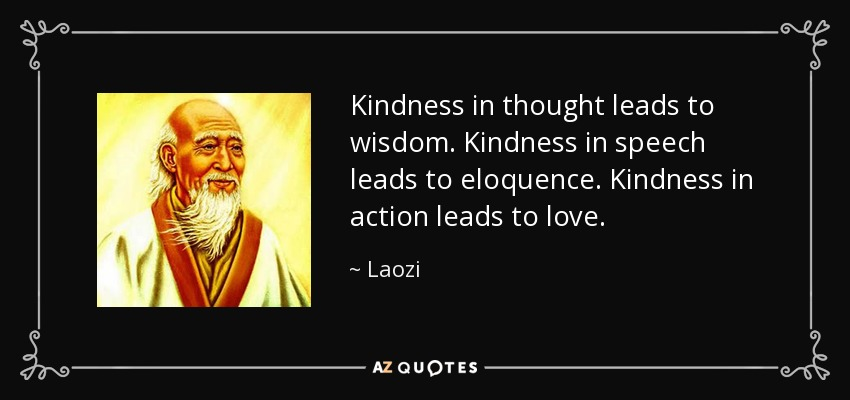 ( Materials published in specialized scientific publications on social psychology from 1997 to 2009 - Ed. ).
( Materials published in specialized scientific publications on social psychology from 1997 to 2009 - Ed. ).
Image copyright Thinkstock
Image captionResearch shows that we are more worried about losing loved ones than we are about dying
The reminder of death has a curious effect on our political and religious attitudes.
On the one hand, this leads to increased polarization: liberals become more liberal, while conservatives become more conservative.
Similarly, religious people are more zealous in defending their beliefs, while non-religious people are more active in preaching their own unbelief.
At the same time, these studies found that when the reminder of death becomes especially persistent and pollsters do not persist in their political allegiances, then liberals and conservatives are equally inclined to support conservative ideas and conservative candidates.
According to some authors, this could explain the shift to the right in the US after the September 11, 2001 attacks.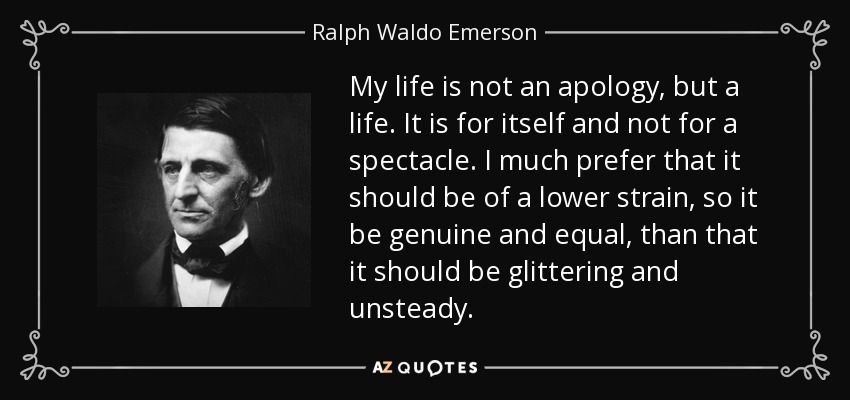
But why does death make us so punitive and also so conservative and religious?
According to various theories, thoughts about death push us to seek immortality.
Eternal life
Many religions promise literal immortality, but our secular attachments, such as belonging to a particular nation-state or ethnic group, can provide symbolic immortality.
Identification with a certain state or social community and following traditions that will outlive us is part of our identity.
Protecting our cultural norms heightens the sense of belonging to the appropriate community, and an increased propensity to punish those who violate cultural norms is a manifestation of this trend.
In line with this concept, scientists have also found that reminders of death stimulate our desire for fame and the desire to have children.
Both are associated with symbolic immortality. It turns out that we want to achieve immortality through our work and the transfer of our DNA to descendants.
It turns out that we want to achieve immortality through our work and the transfer of our DNA to descendants.
Image copyright, iStock
Image caption,Thinking about death influences how conservative our decisions are .
Nor does it occur to us that thoughts of death can have such a varied effect on our relationships in society. There are, however, limits to our capacity for introspection.
We are not good at predicting how we will feel and how we will behave in certain situations in the future.
We are also bad at analyzing the reasons why we feel the way we do, or why we behave in a certain way.
So, whether we realize it or not, it seems that when we bring thoughts of our own death to the surface from the depths of our own consciousness, we open Pandora's box.
What conclusion follows from all these efforts aimed at, through frank conversation, pulling back the veil of mysticism from death and dying? Hard to say.


